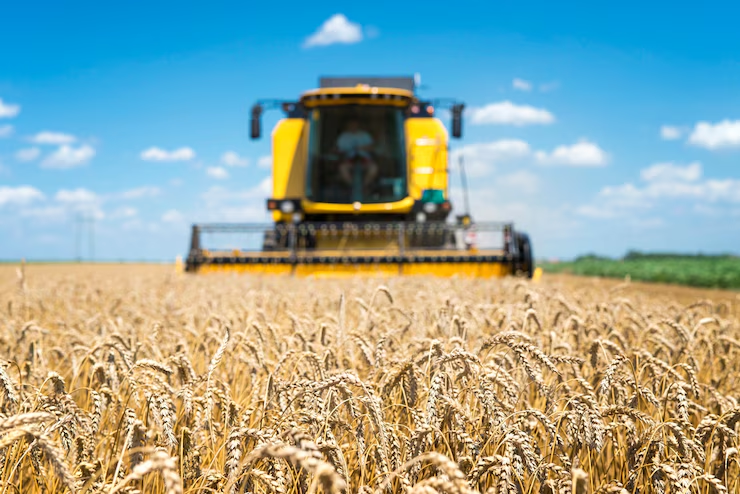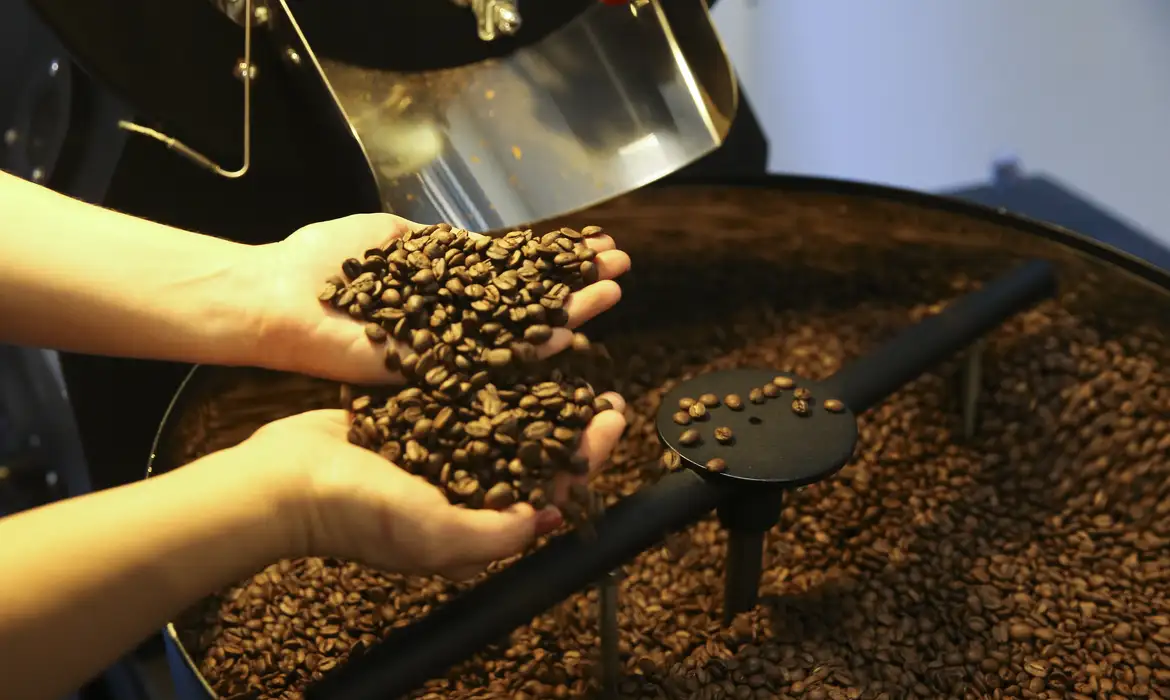Record: 72 new foreign market openings mark the best half-year in history for agriculture
The month of June leads with the greatest contribution to the best half-year in the historical series for international trade in Brazilian agriculture. There were 26 new markets in 13 countries – which corresponds to 32% of all openings in 2024.
Josemar Franco, international trade coordinator at BMJ Consultoria in Brasília, points out that despite the significant number of markets opening up worldwide, new business does not necessarily mean greater economic relevance. He explains that it is necessary to observe markets focused on meat, for example, which are exported in larger volumes.
“Although the government has opened all these markets, not all of them have a very large economic relevance. Sometimes the number doesn’t tell the whole story, that is, you open a market in country X for a product that we don’t export much to, and it doesn’t have a significant economic impact. Within all these government efforts, what is most worth observing are the markets mainly focused on meat, because they have a very large economic impact,” he explains.
In this scenario of economically relevant exports, Josemar Franco mentions the opening of meatpacking markets with China and also with Mexico. “These openings had a significant economic and commercial impact. We also had significant openings in Mexico for some Brazilian plants, to export to that country. So, these are examples of market openings that have considerable impacts for the country”, he adds.
According to the Ministry of Agriculture, Livestock and Supply, the main products with agreements – with sanitary and phytosanitary requirements – include several different agricultural products, such as farmed fish and derivatives, vegetable seeds, live pigs and their derivatives, and pork. The list also includes fish, gelatin and collagen from various sources, processed poultry proteins and shrimp-based products. Bovine embryos, bovine semen, green coffee, eggs, non-GMO corn, among others.
Impacts
The record opening of markets to other countries may have consequences for producers in the national scenario. Researcher and economist Cristina Helena de Mello, from São Paulo (SP), believes that, since Brazil has one of the most productive agricultural sectors in the world, with strong technological support, one of the impacts of this scenario of greater volume of open markets may generate a low production of jobs. However, she considers that in the long term it benefits income generation and the demand for infrastructure in the country, for example.
“The economic impact of opening up the market for these crops is, first, an increase in agricultural production aimed at the productive structure; low job creation, because Brazilian export agriculture is capital-intensive, technology-intensive and today we have very sophisticated technologies in our agriculture. But, without a doubt, the long-term impact is beneficial in generating income and demand for silage, storage, infrastructure and all of this has repercussions that multiply income in the country”, evaluates Cristina Helena.
The researcher also highlights the impacts on the domestic market, such as better product quality and higher prices. “Both are impacts that we foresee for our domestic market. Better quality in production, meeting international standards, and pricing that tends to be a little higher while we are unable to expand our production frontiers,” says Cristina Helena.
According to experts, the scenario is positive for maintaining the current level of market openness. However, they consider that there are still market opportunities that have not yet been reached by the government, which depends on good negotiations with foreign countries and the maintenance of quality criteria for products.
Worldwide expansion
New international markets for Brazilian agricultural products in 2024 encompass all continents. Asia was the continent with the largest number of countries benefiting (13), followed by the Americas (7) and Africa (6). Europe has 3 countries and Oceania only one.
Check out the list of countries on each continent:
- Africa: South Africa, Botswana, Lesotho, Nigeria, Zambia and Egypt;
- Asia: Saudi Arabia, Armenia, Bhutan, Kazakhstan, China and Hong Kong, South Korea, Philippines, India, Oman, Pakistan, Kyrgyzstan, Singapore and Turkey;
- Europe: Belarus, Russia and Great Britain;
- Oceania: Australia;
- Americas: Canada, Mexico, United States, El Salvador, Costa Rica, Colombia and Peru.
The expansion has also impacted Brazilian exports, with 49.6% of the total in the first five months of 2024 representing agribusiness, generating US$ 67.17 billion in revenue.
Check out the evolution of markets and countries served (2019-2024), according to the Map:
- 2019: 35 markets | 18 countries
- 2020: 74 markets | 24 countries
- 2021: 77 markets | 33 countries
- 2022: 53 markets | 26 countries
- 2023: 78 markets | 39 countries
- 2024: 72 markets | 30 countries (so far)
By Brasil 61




